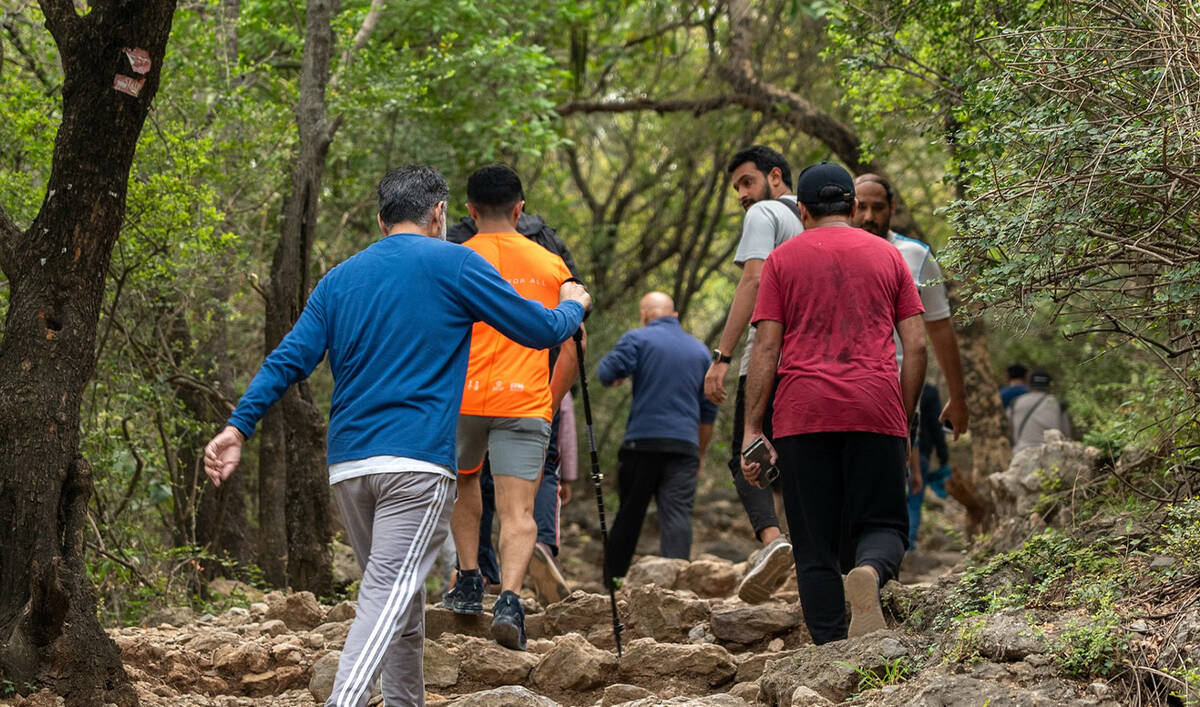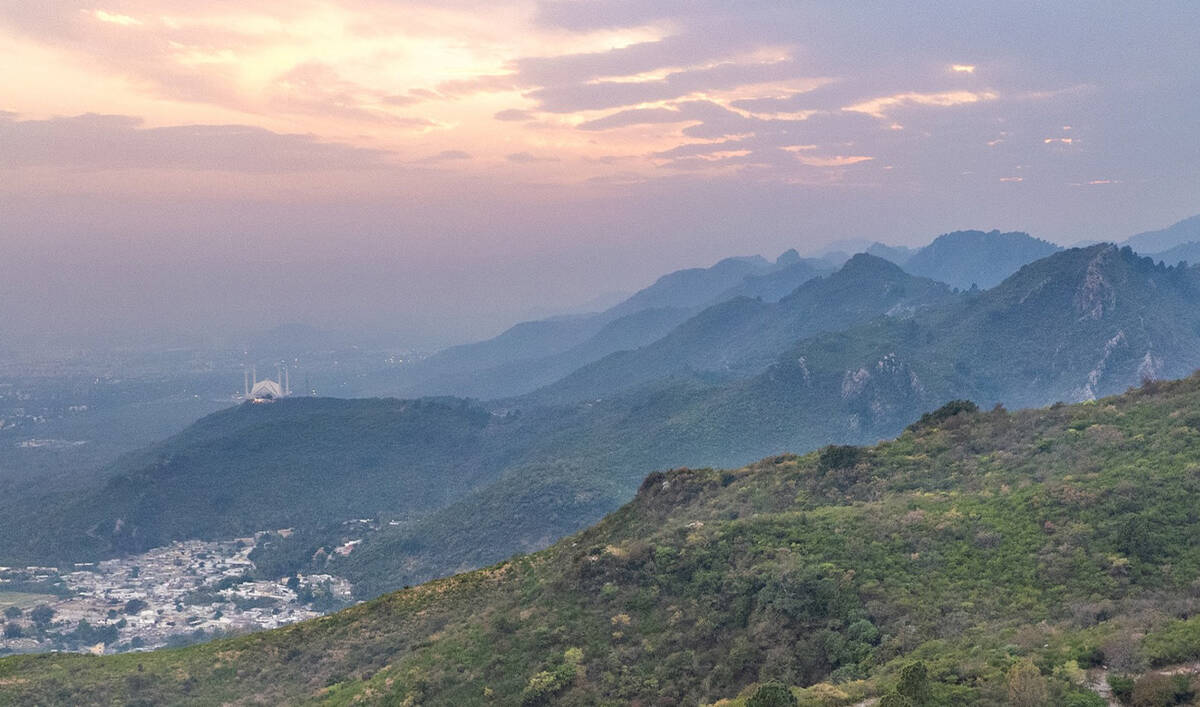ISLAMABAD: Pakistan’s interior minister and Khyber Pakhtunkhwa (KP) Chief Minister Ali Amin Gandapur on Thursday vowed to strengthen coordination between the center and the province to improve the law-and-order situation, the KP CM’s office said, amid a surge in terror attacks in the province.
Interior Minister Mohsin Naqvy arrived in Peshawar to meet Gandapur on Thursday to review the province’s law and order situation two days after five Chinese nationals and their Pakistani driver were killed in the country’s volatile northwest.
The incident took place in KP’s Shangla where a bomber rammed his explosive-laden car into the vehicle of Chinese engineers and construction workers on Tuesday.
The attack occurred in an area vital to the China-Pakistan Economic Corridor (CPEC), which encompasses various mega projects crucial for Pakistan’s economy. The victims were en route to Dasu Dam, Pakistan’s largest hydropower project, when they were targeted.
“To improve the law-and-order situation in the province, both agreed to improve the coordination between law enforcement institutions on the federal and provincial levels,” a statement from the KP chief minister’s office said.
The two condemned the attack on the Chinese nationals and expressed their condolences to Beijing and the families of those who had been killed in the attack.
“The two expressed their resolve to bring all those involved in the incident to justice and put an end to terrorism,” the statement said.
Gandapur said it was his government’s top priority to ensure law and order in the province and to safeguard people’s lives.
Pakistan’s foreign office said on Thursday that Islamabad had enhanced the security of Chinese nationals after the attack.
Foreign Office Spokesperson Mumtaz Zahra Baloch said both Pakistani and Chinese governments were in contact after the tragic incident on March 26, adding they were fully committed to bringing the terrorists, along with their facilitators and abettors, to justice.
No group had claimed responsibility for the attack but suspicion was likely to fall on separatists and the breakaway Gul Bahadur faction of the Pakistani Taliban, known as Tehreek-e-Taliban Pakistan or TTP.
The TTP is a separate group, but a close ally of the Afghan Taliban.
The TTP denied being behind the suicide bombing in a statement Wednesday, saying: “We are in no way related to the attack on the Chinese engineers.”
Tuesday’s attack came less than a week after Pakistani security forces killed eight Balochistan Liberation Army separatists who opened fire on a convoy carrying Chinese citizens outside the Chinese-funded Gwadar port in the volatile southwestern Balochistan province.




















